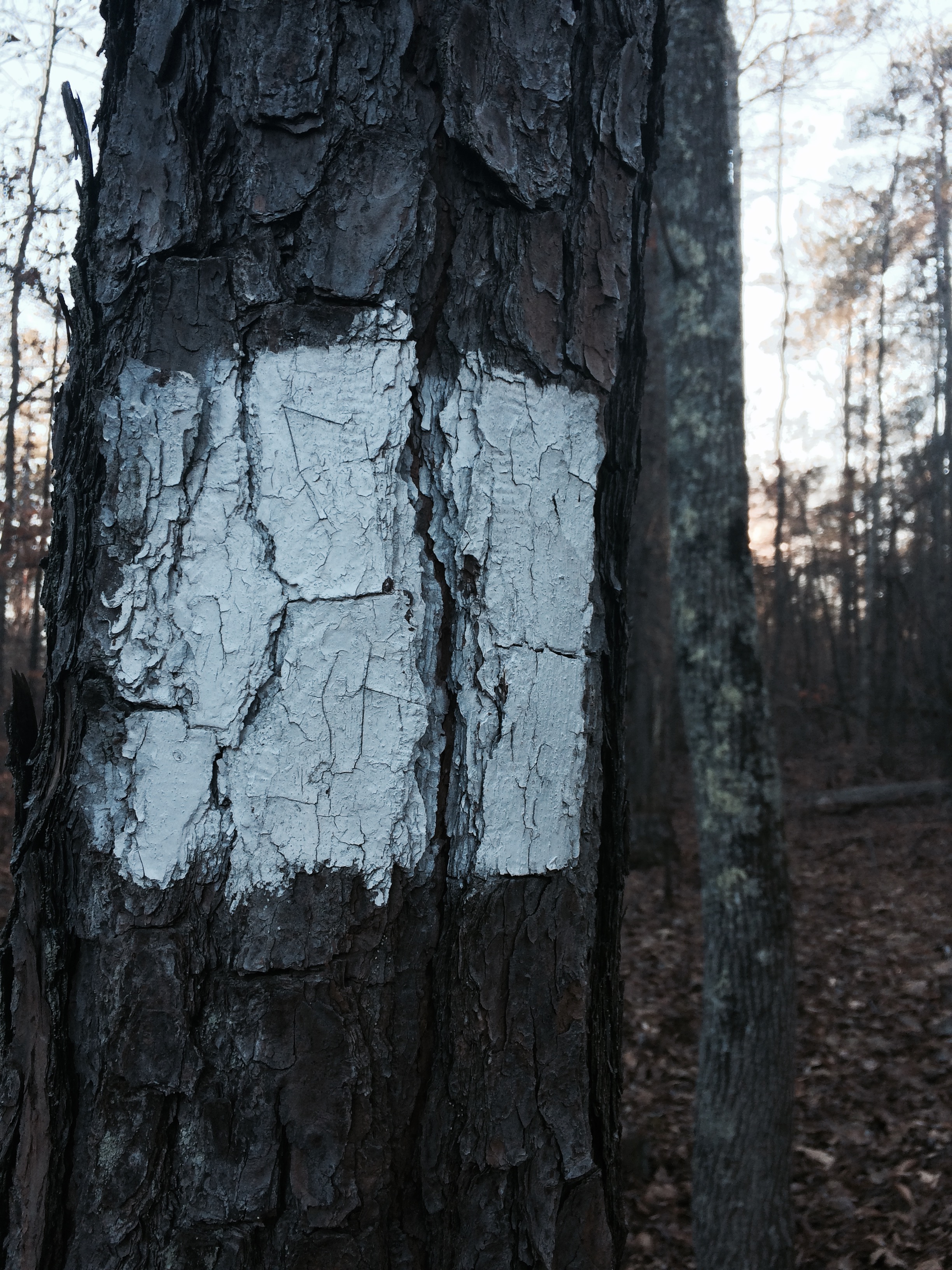
When I first came to my current church, I noticed that in many worship songs, a line would be changed here or there for a very particular reason. Instead of referring to God as a “he,” it would become more inclusive, reflecting an idea that God is without gender, opening up the possibility of God as a woman, even.
One of the most amazing things about God is this way the boundaries that we create for God are transcended, yet our ideas of God keep us tethered to mystery. Even so, I have not needed to transfer the gender of God from a man to a woman for the same reasons that others have, though I’ve certainly appreciated the idea behind it.
In Native American culture, God is called “Father” and the earth, crafted by the Father/Creator’s hands, is the Mother that sustains and cares for us, a gift given for us to know that we are loved and cared for.
But in the Christian tradition, we’ve continually given ourselves over to a patriarchal, even mysoginstic model that says God is an authoritarian father figure who looks down from the heavens with a checklist, or a judge calling out sentences for all who broke his law.
And in the light of the absence of my own father’s close presence in my adolescence, I found a love with that God, but also constantly sat in the fear that he would abandon me if I did’t obey.
Now as an adult I am slowly finding my way out of that idea of God, into a way of embracing the Mystery of God in all its gendered ideas.
And I know of others who have always viewed God from a mothering perspective, which is beautiful and right in its own way of revealing the heart of the Spirit of God.
So why do I still call God “Father,” or “Papa?”
I call God “Father” in the light of a belief that I am honored for being a created woman in this relationship.
I call God “Father” because throughout my life I have never been in want of a father figure– a friend or mentor who cares for me and my family, who is literally the heart of God in tangible form in my life.
I have seen the tender love of God in ways that have taught me what a father is supposed to be–a gentle and steady hand on the small of my back that leads me out and lets me go, holding steady his high and kind regard for me.
But for so many, the western church has taken women and put us in a quiet corner. Or maybe if we’re allowed to go to seminary, we get to take “special courses,” are able to only teach certain classes, instruct only women, or achieve goals thought fitting for our gender.
Yet despite the church, I see God as a fathering God, Mamogosnan in Potawatomi, meaning Great Father/Spirit/Creator.
I can call God “Father” because I am valued in my native, female skin.
I can call God “Father” because God is not threatened by my body or my wisdom or my abilities.
As described by Sonny Skyhawk in Indian Country Media Network:
Women have always played a significant role in the existence and administrations of tribal nations. They have been instrumental due to their innate ability to reason and dispense wisdom. They also were characterized as wise because they originated the teachings for the children. The men were allowed to articulate, enforce and deliver these teachings, but it was the women who monitored and allowed them to speak. They were the faith keepers…
The women allowed the men to speak. Can you even imagine it?
In many tribes, women are the water protectors. In the Potawatomi tribe, women are keepers of many things. The womb is considered sacred, and the wisdom and strength that the women carry keeps the tribe, the language, and the spirit of the people alive. Much has changed over time, especially after the coming of colonialism, which forced a different view on the roles of women into native culture and identity. But it is clear that despite the brokenness that has come to native people throughout history, the women are still standing up to lead.
Standing Rock was led by women, the protectors of the water, and they opened the eyes of the world to issues of human rights and ecology. It was a movement that caused not only the world, but the church, to open its eyes.
If God is the “Father” of a matrilineal society in which women are valued and listened to, perhaps the church can learn something in the way it values women.
And if the church changes the way it values women, bringing us back out of the corners we’ve been sitting in for so long, the world will become a different place, indeed.
And maybe if the church breaks ties with some of the colonial views that brought much of our patriarchal ideas to America, we can see the way Jesus saw God the Father, the way Jesus knew that valuing and responding to the wisdom of women in society is a necessary good that is certainly upheld by the Father of the Trinity.
If Jesus teaches us to pray, “Our Father who art in Heaven,” and yet our society undervalues and distorts the roles of women in our churches, perhaps we’ve missed something huge in the heart of God.
In the age of Wonder Woman, shouldn’t the church be the first place to say that maybe we’ve gotten something wrong when it comes to our women, and that that wrong should be set right?
And shouldn’t the church be willing to step back and re-orient itself to the ways of an egalitarian God?
Absolutely.
But it will take time.
While our hymnals can’t be re-written or our ideas of God re-wired inside the deepest parts of us overnight, there is a slow and steady and urgent work that needs to be done.
And the church can begin by honoring the cultures like those of native peoples, who have so much to teach about worship of Creator-Father-God and value for women.
Why do I still call God “Father?”
Because the Father that I need is the Father that was in the beginning, the one who so gently brought a benevolent world into being.
That Father is not the Father talked about in the American church today, but it’s the Father who calls me, in all that I am, into the full reality of my femaleness.
That is a Father I can call upon.
That is the Father of the Gospels.
That is the Father of my people.
That is the Father of a future church tethered once again to shalom.
Hallelujah and Amen.











